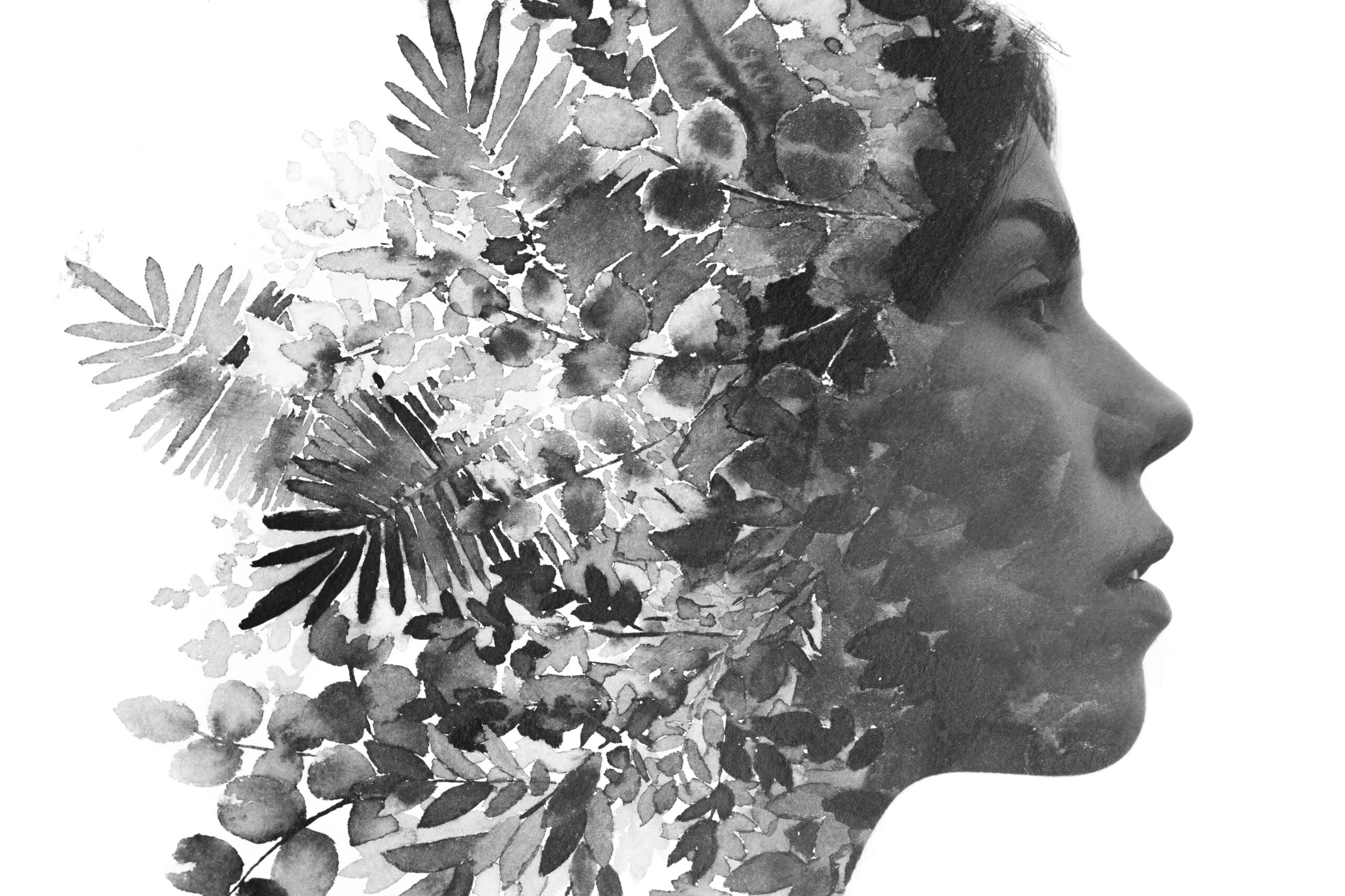No matter how hard we try, we can’t escape the pain. It can strike in the most unpredictable ways, yet it can also come with a warning. The truth is that pain can change people. As such, how we respond to suffering is critical because it can either weigh us down or strengthen us. Amid adversity, pain can help us grow as a person, giving us an entirely fresh perspective. When we’ve been through a great deal of pain, it often inspires us to become better people. Here’s why pain makes people change and can help us grow.
Humility Is Learned Through Pain
Life’s traumatic experiences remind us how awful things can get, particularly when we’ve reached our lowest point. Pain is a deterrent to arrogance, and as we’re all aware, hubris often precedes downfall.
As humans, we have a tendency to believe that our own lives have more value than those of others. However, when we have suffered pain ourselves, we realize that we all confront the same worries, face the same battles, and bear the same burdens.
This understanding keeps us grounded, humble, and even compassionate to the plights of those around us. With this newfound humility, we can avoid letting our pride take over, knowing that it will only lead to situations that will cause us or someone else misery. Humility instead of pride is a far better quality to possess.
Compassion Is Born Out of Pain
Empathy can grow after we’ve been through a great deal of hardship. As a person who has experienced challenging situations, we sincerely hope that no one else will ever suffer from what we have. Pain can give us a unique perspective and insight that allows us to support others in coping with their suffering. Because we can sympathize with another person’s pain, we become more connected to them.
The best advice often comes from those who have been through the most unpleasant experiences. We recognize that we can’t just say “I get you,” “I feel you,” or “I understand what you’re going through,” for the simple reason that we can’t truly grasp how someone in agony feels until we’ve been there ourselves.
Pain Teaches Adaptability
We all know it’s impossible to plan for everything in life, right?
We have expectations and plans, and we get hurt whenever these don’t follow through. After experiencing pain from things that don’t go as anticipated, we learn to adjust our plans and methods instead of feeling disheartened because they didn’t work.
In some cases, when you’re forced to rethink your plans, you’ll discover that life’s blessings aren’t usually packaged in the way you expect. As the saying goes: “when one door closes, another one opens.” When you have this kind of positive outlook on life, you begin to see the unexpected twists and turns as exciting and fun rather than frustrating, and you learn to adapt and thrive in any scenario.
Strength Comes From Overcoming Pain
“That which does not kill us makes us stronger,” as the famous adage goes. Suffering can teach us valuable lessons that help us become stronger people. When you’ve gone through and come out on the other side of a tricky situation, you’ll be more resilient and better able to handle any hardships easily.
As the smelter shapes molten iron, so is our personality when we experience pain. Our character is put to the test, revealing whether or not it is well-rounded or needs more development. We begin to recognize that every challenge we face is an opportunity to strengthen our character, no matter how bad things get.
As a result of the pain, you become stronger and more resilient, allowing you to take on any obstacle that comes your way. These are both essential factors in your success in the future. Your persistence in the face of any challenge demonstrates your ability to conquer even the most daunting hurdles, and that type of perseverance eventually leads you to victory.
Final Thoughts
Pain changes people, and it also plays a significant role in our growth. There will always be a pain in this world. So, we shouldn’t be afraid of encountering hardships. Instead, we should see it as an opportunity to learn and become better people.

